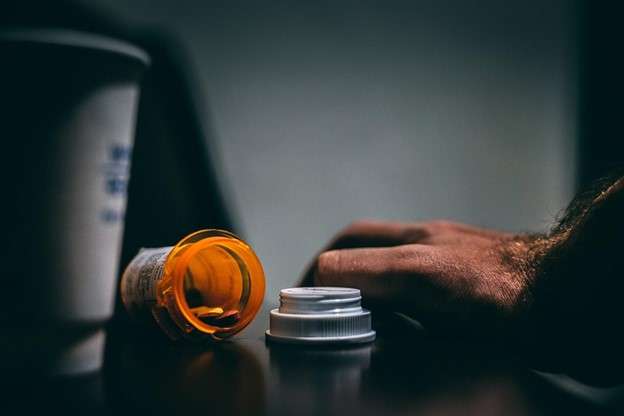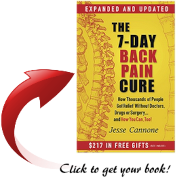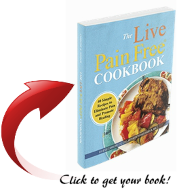If you have been paying attention to the media over the last few years, you know that opioid addiction is a serious issue. The deaths of celebrities such as Prince and Tom Petty helped shine a spotlight on this deadly problem. But what you may not know is that even using prescription painkillers after surgery can lead to addiction. If you or a loved one is recovering from surgery and addiction is suspected, PainFreeOutlet.com explains what you need to know.

Photo Credit: Pexels
Addiction Isn’t Always Obvious
One of the reasons opioid addictions is so common in America is that it’s easy to become dependent on the medication. Even with normal use, opioid medications can become addictive for patients using them and many do not even realize they have a problem. They may simply think they need more medication for the pain or that their behavior is normal.
If you are a loved one, Mayo Clinic points out that recognizing the signs of addiction can be tricky, too. Simple behaviors including sudden money problems or frequent sleepiness could be incorrectly attributed to some other issues including recovery from surgery. But recognizing these signs can be lifesaving for a loved one and can help them get the help they need to return to a normal life again.
Sometimes People Don’t Want to Get Help
If you start to see the signs of opioid abuse in a loved one and you’ve let them know, you may expect them to seek help immediately. But the truth is, admitting to an addiction and getting help are not always easy for everyone. The difference between healthy consumption and habitual use can be blurry, especially for those using opioids.
When the addict refuses to get help, there are a few ways you can help the person you love change their mind. If talking to the individual is still feasible, be sure to choose a time when he/she is not impaired and when you are both calm. You can also seek out the advice of a professional, whether it is a treatment counselor, your own physician or in some cases even an attorney. One of the hardest steps in helping an addict is knowing how to stop enabling them and when you need to set firmer boundaries.
Treatment Isn’t One Size Fits All
When it comes to treating opioid addiction or any other substance abuse, you may think of multi-step programs and inpatient treatment centers. But addiction treatment involves so much more than either of those options. While mental and physical health should be at the center of any comprehensive treatment plan, there are also alternative methods that may help.
Some people continue to use opioids and drugs due to an inability to process stress and fend off feelings of anxiety. For those individuals, therapies such as floating or acupuncture may be a key to achieving sobriety. Exercise and diet are also basic methods for improving the odds of overcoming addiction, so it is essential for those seeking rehabilitation to also commit to a regular fitness routine as well as a healthy diet.
Shifting to healthy choices proves that lifestyle changes can reduce stress and improve pain management. Other directions include taking steps to boost one’s emotional wellness, such as finding a career that’s flexible and allows you to work from home. To reach that goal, you can take classes online, working toward that elusive degree. It’s a time and monetary investment with great returns — not only will it enhance your job resume, but your earning potential will go skyward.
Opioid Addiction Can Be Fatal
Since opioid addiction after surgery involves prescribed medications, most individuals fail to realize the dangers associated with these drugs. We would like to think such commonly used substances cannot cause any serious harm. But the reality is, addiction to prescription painkillers is epidemically fatal. The Centers for Disease Control reported that in 2020, drug deaths due to overdose in America rose 29.4 percent.
Many people who become addicted to prescription painkillers are also at risk for moving onto more illicit drugs such as heroin. It’s so easy for addicts to succumb to a fatal overdose, which is why it is so important for those exhibiting signs of a problem to get the help they need as soon as possible.
Most opioid addictions begin with prescribed use, but when painkillers become an unhealthy habit, it’s important to know what comes next. Learning to recognize the subtle signs of addiction and help those affected get into treatment could save a life.

I would like to thank Jackie Waters for providing yet another value-packed guest article. In her article, she provides critical information to assist individuals who need to address the pressing issue of opioid addiction. This is such an appropriate article for today, especially when opioid addiction has become a crisis and an epidemic in recent years.
And if you have an interest and a passion to be Hyper Tidy, then please visit her site at www.hyper-tidy.com to receive great ideas and tips on how to be just that!



